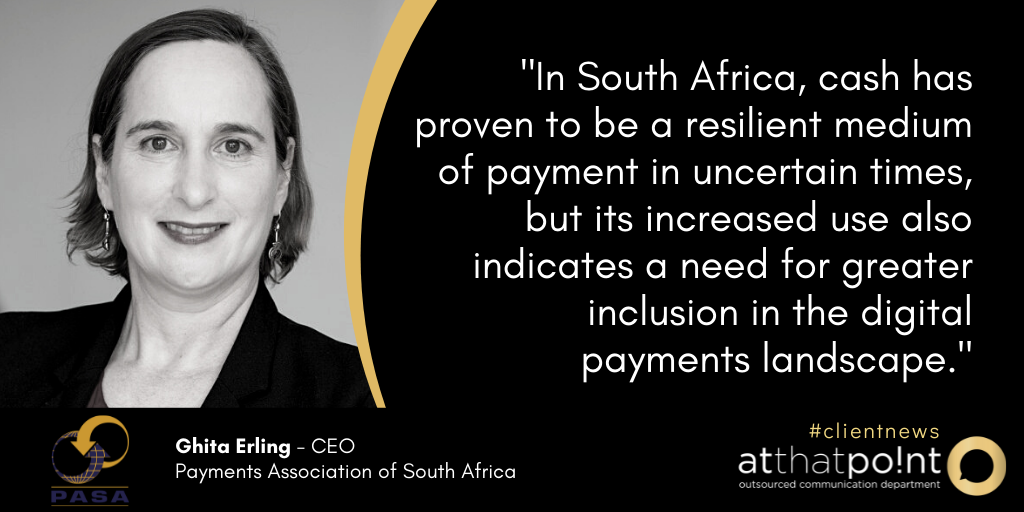|
Authored by: Dr Mark Bussin (Master Reward Specialist) and Yolanda Sedlmaier (Chartered Reward Specialist), Executive Committee Members of the South African Reward Association (SARA)
Before COVID-19 hit the world, the approach to reward was well defined. Organisations paid their employees a fixed basic salary, plus a set of additional benefits that effectively sweetened the pot. The fixed portion served to ensure workers received an equitable market-related income. The variable portion, on the other hand, extended into performance related rewards such as sales commissions and annual bonuses. Variable pay itself is categorised into two components. Short-term incentives (STIs) are attached to annual performance. Long-term incentives (LTIs), like company shares, are often contingent on employees meeting negotiated performance criteria. At the same time, employers were embracing experiential rewards, like wellness programmes, workplace comfort, flexitime, outstanding performance recognition and other non-financial benefits. The pandemic has turned this model on its head, forcing employers to consider different ways to attract, retain and motivate talented workers, and this without the resources previously at their disposal due to the wide ranging economic impact of the pandemic. How fixed pay has changed There have been no permanent changes in fixed pay policy itself. However, with so many staff being retrenched and businesses closing down, employees are more willing to accept the pay cuts their employers are forced to implement. It is obviously better to have less income than no income at all. What has changed is that employers are offering more options. These could include flexible working hours, paid or unpaid sabbaticals, or reduced hours for reduced pay. Something we are seeing, however, is a global trend towards lower variable pay in exchange for a small increase in monthly fixed pay. This is to provide the security employees need in the short term, although its adoption is not as prevalent in South African boardrooms, although we expect it will be in the near future. How variable pay has changed Variable pay is generally accepted to be that part of the reward package more readily tweaked to motivate employees and encourage better performance from them. Now, with almost all employers struggling to save jobs and keep their doors open, they face limited options. Most have managed to retain basic benefits, like medical aid and retirement funding. What has been more affected is incentives, such as sales commissions, overtime, annual bonuses, and even executive performance bonuses. With the global business slowdown, workers are unable to reach previously achievable targets, so employers aren’t earning the profits needed to reward them. To date, most organisations have been unable to innovate their reward programmes. They’ve been too busy trying to cut costs and negotiating with employees to choose between retrenchments or pay cuts. Unsurprisingly, workers generally opted for a lower salary over the uncertainty that they might be the ones left without a job. Productivity In spite of these dramatic events, many companies report an increase in productivity. This is due to flexible working arrangements allowing employees to save time and money not travelling to the office. It’s also an indicator that employees who are allowed to schedule their own time will do so responsibly. They can start working immediately and will often put in additional hours to make up for time spent on personal tasks. These might include caring for children, home schooling and homecare duties, or transporting them to school and back. Stay-at-home employees also insist they are working longer and harder than ever before. The effect of vaccination on rewards As vaccinations start rolling out in South Africa, we don’t expect this to have a direct or immediate effect on rewards. However, the more South Africans are vaccinated as a society, the quicker employees can return to work full time, and the sooner secondary effects will be realised, like the return of tourists to our shores. As this happens, we can expect a gradual economic recovery that should have a positive effect on employee reward packages. Two main trends In terms of their workforce, employers are focusing on two main concerns. The first is a complete review of their HR policies in relation to dealing effectively with and setting pay for workers who are not located on premises. These new policies are no longer founded on inputs and time spent at the place of business. Instead, they consider the outputs, outcomes and impact of these workers, and how to prepare managers to lead them remotely. The second is that we’re witnessing a major shift towards protecting employees’ mental health and well-being, and assisting them with professional loneliness. As the pandemic drags on, this will doubtless become a key element of every organisation’s reward strategy. ENDS MEDIA CONTACT: Rosa-Mari Le Roux, 060 995 6277, [email protected], www.atthatpoint.co.za For more information on SARA please visit: Website: www.sara.co.za Twitter: @SA_reward LinkedIn: South African Reward Association Facebook: SARA – South African Reward Association
0 Comments
Leave a Reply. |
Archives
March 2023
Welcome to the South African Reward Association newsroom.
Categories
All
|


 RSS Feed
RSS Feed